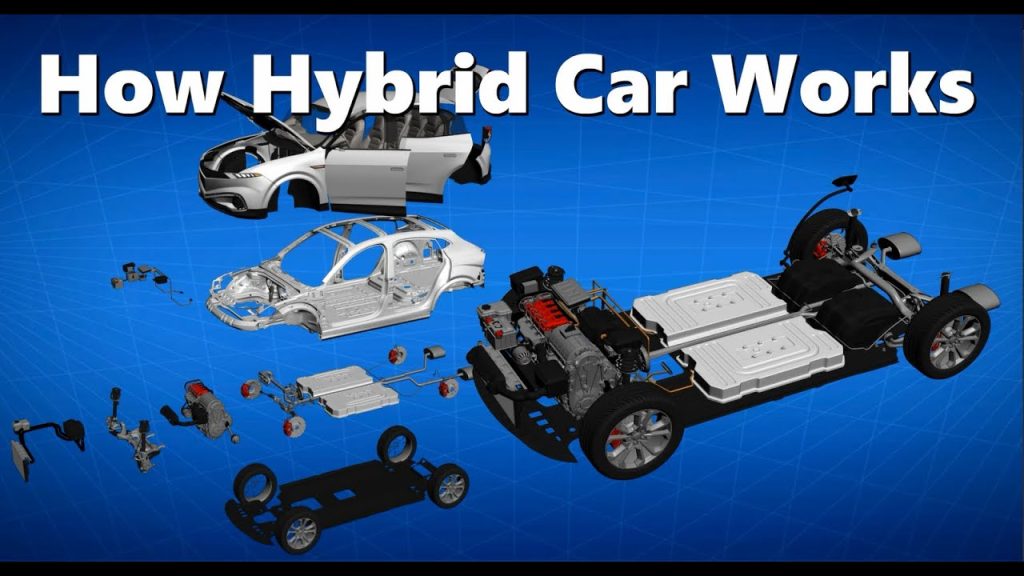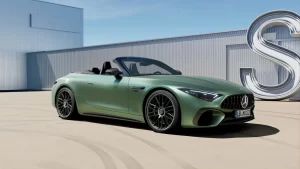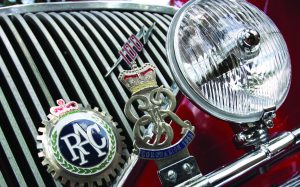Hybrid Car Technology A Look at the Future of Transportation

Hybrid Car Technology A Look at the Future of Transportation
Hybrid cars have made significant strides in recent years, thanks to advancements in technology and battery development. Here’s a look at some of the key technologies driving the hybrid car revolution:
Battery Technology
- Lithium-Ion Batteries: These are the most common type of battery used in hybrid cars, offering high energy density, fast charging times, and a relatively long lifespan.
- Solid-State Batteries: Solid-state batteries are a promising future technology that could offer even higher energy density, faster charging times, and improved safety compared to lithium-ion batteries.
Electric Motors
- Permanent Magnet Synchronous Motors: These motors are highly efficient and provide excellent torque and power output.
- Induction Motors: Induction motors are another popular choice for hybrid cars, offering good performance and durability.
Powertrain Configurations
- Parallel Hybrids: In parallel hybrids, the gasoline engine and electric motor can work together or independently to power the vehicle.
- Series Hybrids: In series hybrids, the gasoline engine primarily generates electricity to power the electric motor, which drives the wheels.
- Plug-in Hybrids (PHEVs): PHEVs can be charged from an external power source, allowing them to travel a certain distance on electric power alone before the gasoline engine engages.
Regenerative Braking
- Energy Recovery: Regenerative braking captures energy during braking and stores it in the battery, improving efficiency and reducing brake wear.
Hybrid Control Systems
- Complex Algorithms: Hybrid cars use sophisticated algorithms to manage the interaction between the gasoline engine and electric motor, optimizing performance and fuel efficiency.
Future Trends in Hybrid Car Technology
- Increased Electric Range: As battery technology improves, we can expect to see hybrid cars with longer electric-only ranges.
- Improved Charging Infrastructure: The expansion of charging infrastructure will make it easier for hybrid car owners to recharge their vehicles.
- Integration with Smart Grids: Hybrid cars can be integrated with smart grids to provide grid services, such as energy storage and peak load management.
Hybrid car technology continues to evolve, offering a promising solution for reducing emissions and improving fuel efficiency. As battery technology advances and charging infrastructure expands, hybrid cars are expected to play an increasingly important role in the future of transportation.




